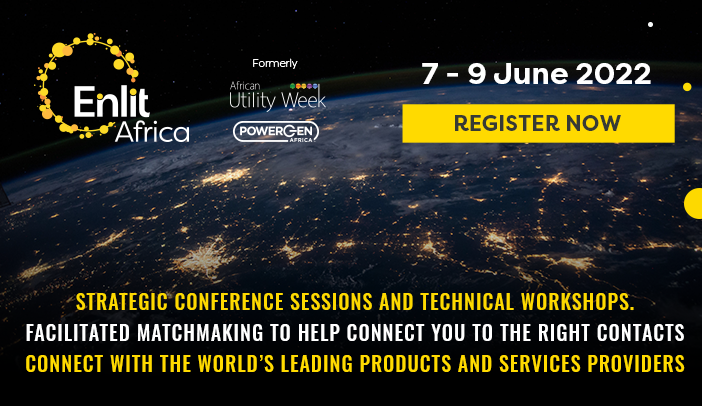- The United Nations SDG-Fund has approved a US$45 million programme to transform Zimbabwe’s renewable energy (RE) drive.
The programme is focused on catalysing investments in renewable energy for the acceleration of the attainment of the Sustainable Development Goals (SDGs) in the country. The UN SDG-Fund is contributing US$10 million to the programme whilst the government of Zimbabwe through the Infrastructure Development Bank of Zimbabwe (IDBZ) and local partners including Old Mutual Investment Group (OMIG), Zimnat Asset Management and CABS are supporting the programme with US$35m.
The 4-year programme, which is expected to kick-off in April 2022, was jointly developed by UNESCO (lead agency), UNWOMEN, UNDP and the government of Zimbabwe. It aims to leverage private investments in order to support renewable energy based projects for the achievement of the SDGs in Zimbabwe.
This programme will innovatively target SDGs 5, 7, 8, 9, 13 and 17, whilst harnessing the cross-cutting nature of these goals to achieve the rest of the SDGs. The programme will also contribute towards the attainment of a number of key national priorities of the government of Zimbabwe as spelt out in the National Development Strategy (NDS 1) and the United Nations Sustainable Development Cooperation Framework (UNSDCF 2022-2026), by working towards national goals on economic development, energy access, climate action, women and youth empowerment and capacity development in renewable energy for productive uses.
The joint programme will therefore carry out a full-scale demonstration of concept of the REF instruments driving an innovative model of accelerated local SDG achievement and economic empowerment of communities through the transformational impact of introducing RE technology with new entrepreneurship opportunities, income and job creation and improved quality of life and the environment.
In order to address capacity gaps in pre-investment, investment and post-investment stages, the partnering UN Organisations through the JP will leverage partnerships with international renewable energy capacity building organisations and local money markets to increase access to funding by small and/or medium enterprises.
By focusing not just on investing in projects, but also on building technically skilled manpower in STEM, renewable energy and ICT fields, the programme will have a long-term impact towards increasing the uptake of renewable energy in the country.
The active involvement of the United Nations system and Old Mutual Investment Group will provide credibility and a “halo effect” thereby providing a wider stage and audience for the Fund’s activities. The Fund is expected to unlock over $30m from the Zimbabwean financial markets, and regional and international development focus entities, the bulk of which would otherwise not typically be directed towards renewable energy financing.
Author: Nomvuyo Tena

Nomvuyo Tena is a Content Producer at Vuka Group and is as passionate about the energy transition in Africa as she is about music and Beyonce.
This article was originally published on ESI Africa and is republished with permission with minor editorial changes.
The potential of Zimababwes renewable energy sector will be a hot topic at Enlit Africa 2022.














